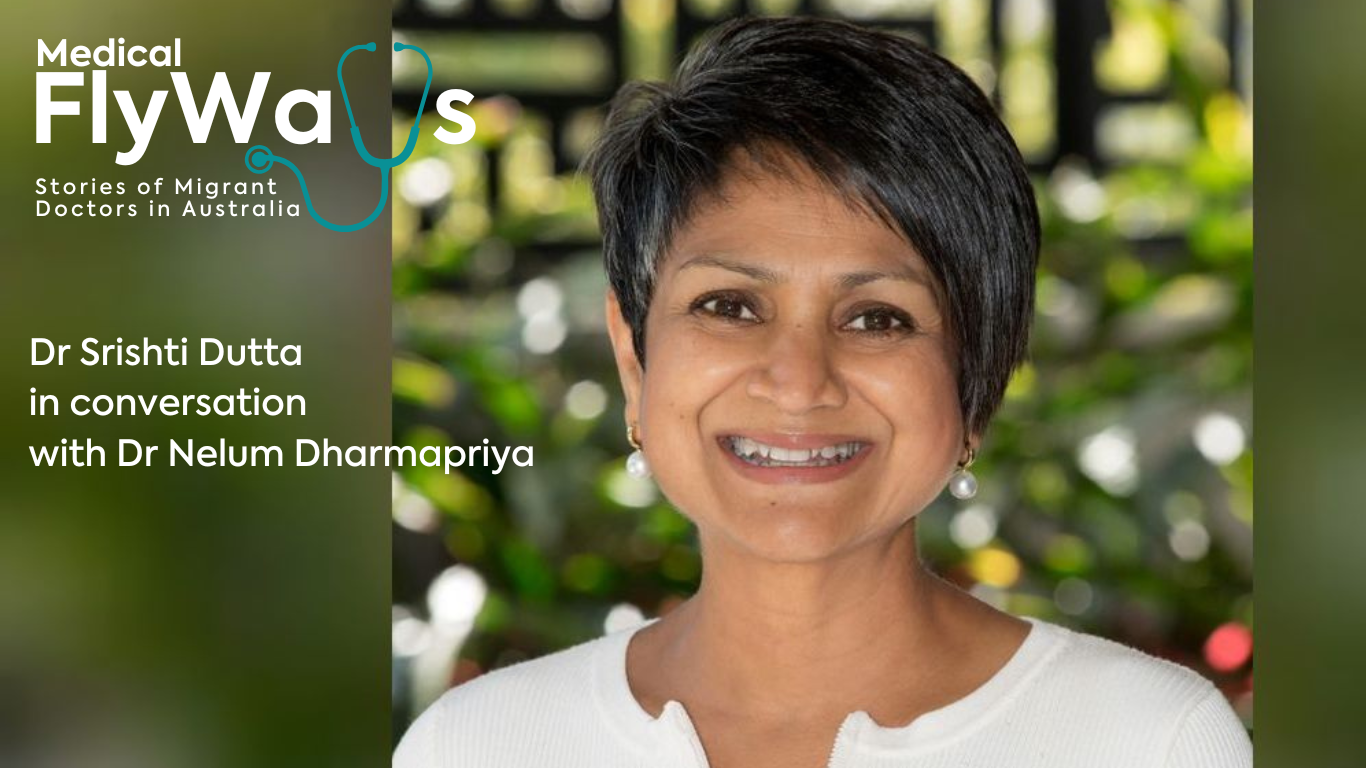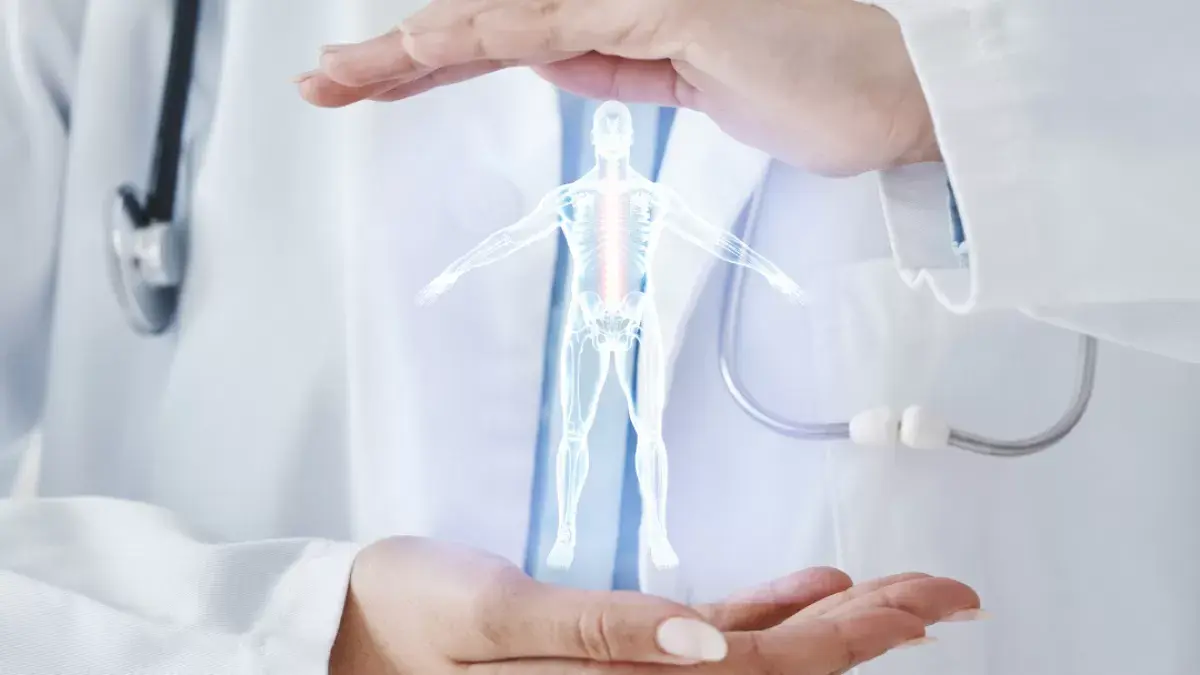Medicine is my passion. The adrenaline rush of emergencies, the deep connections with patients, and the thrill of detective work in diagnosis – these are the aspects of medicine that I cherish. But as we all know too well, the administrative burdens in medicine can be overwhelming. Endless phone calls for prescriptions and referrals long after consultations, apologising to my family about inevitable delays, cancelling plans with friends, and drafting extensive mental health reports that revisit patient traumas – these are the facets of the job that weigh me down. Sound all too familiar?
To combat medical burnout, we need solutions that allow us to return home to our families on time and focus on the parts of our profession that we truly love. Enter Artificial Intelligence (AI) – a game-changer for me, and increasingly in healthcare worldwide.
There is understandable apprehension about AI, largely stemming from our deep-seated responsibility to our patients. We are committed to safeguarding their data and advocating for their best interests, which naturally makes us cautious.
Yet, AI has been quietly revolutionising medicine for decades. Radiologists have been using AI since 1992. Initially, there was a fear that AI would replace radiologists, leading to a decline in applications to radiology training programs. Instead, AI has proven to be a valuable ally, enhancing diagnostic accuracy and expediting workflows. AI isn't here to take our jobs; rather, it will empower those who adopt it, and those who resist may find themselves left behind.
AI medical scribes are the latest hot topic in health tech. So, how do we integrate the right one into our practices? By carefully evaluating the tools available, ensuring they align with our ethical standards and enhance our capabilities without compromising patient care.
When considering integrating AI into your practice, it is important to consider some key topics.
- Understand Data Destinations: AI uses Large Language Models (LLMs) to generate outputs. It's crucial to know where these LLMs are based and where data is stored. Inputting patient information into services like ChatGPT isn't advisable, as data may be stored overseas indefinitely. Additionally, consider the implications of data stored on mobile apps in case your phone is lost or stolen.
- Evaluate Software Portability: Can your software move with you from the office to the procedure room? Is it adaptable for nursing home visits, locum positions, or the emergency department? While the goal is to avoid taking work home, having the flexibility to do so, when necessary, can be beneficial.
- Accessible Support: When technology fails, having a readily accessible support team is vital. Ensure support is local and reachable. If your AI software integrates with your EHR, determine whether you’ll need to contact EHR support for troubleshooting and integration issues.
- Medical Accuracy: Assess the AI's understanding of medical terminology, acronyms, and nuanced consultations. It's essential that the AI doesn't create more work by requiring extensive corrections, defeating the purpose of using an AI scribe.

Dr Emily Powell, Director of Medical Outreach at i-scribe
i-scribe was created by doctors to tackle these exact issues. As i-scribe’s Director of Medical Outreach,I'm passionate about transforming healthcare communication. The incorporation of AI in medicine must be led by those who understand it best – doctors. I encourage you to research thoroughly and find a solution that fits your needs and those of your patients. Here's to beating burnout – with AI, we're writing a new chapter.
-
 Aug 22
Aug 22Redefining Health: Dr Nelum Dharmapriya’s Story of Medicine and Metabolic Change
How a GP’s personal journey with pre-diabetes reshaped her practice and inspired a new approach to patient care.
- Wellbeing
- Medical Flyways
- General Practice
- Innovation
- Wavelength
- 2 min read
-
.png) Sep 26
Sep 26Why it matters which Recruitment Agency you choose
Dr John Bethell deconstructs what it takes to create a great environment to work in and why it matters which Recruitment Agency you choose. Read more.
- Medical Careers
- Admin
- 5 min read
-
 Sep 26
Sep 26One doctor’s adventures in Indigenous Health
Read about Dr Amin Sadruddin's adventures in Indigenous Health in Australia, why he values these experiences so much and will keep going back. Read more today!
- Medical Careers
- Admin
- 6 min read



.png?width=352&name=Untitled%20design%20(65).png)
